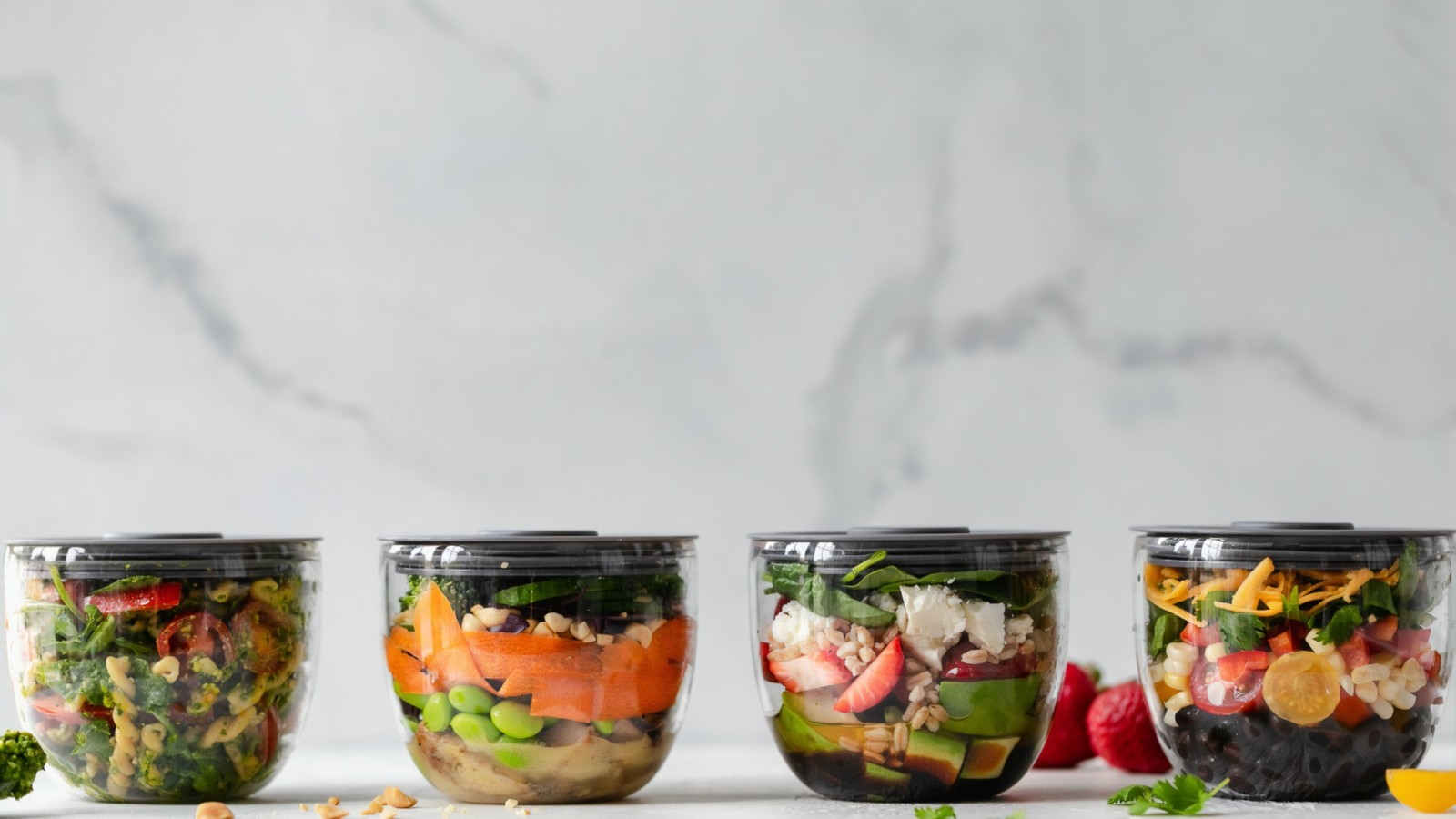Eating healthy and being on a budget are not mutually exclusive. It can actually be very easy to choose healthier foods while saving money. Simple changes can help facilitate your healthier lifestyle.
Cook At Home
Cooking at home helps keep you on budget and allows you to control how your food is made. By cooking at home, you can limit your food shopping and keep your costs low. Also by avoiding restaurants, you can monitor how your food is made especially by limiting the use of butter and salt. While you may not have helpful restaurant equipment, as you progress as a cook, you can invest in better tools that will make cooking at home easier and more enjoyable.
Buy In Bulk
Buying food in bulk saves you money because you end up paying less per piece of chicken or per pound of beans. Once you buy in bulk, you can split up the food into smaller portions to store. Meats you buy fresh and in bulk can be frozen. Beans, rice, or other pantry-staple foods can be vacuum sealed to stay fresher longer or sealed in glass or plastic containers. It can be useful to label the dates you bought the food and recommend use-by date so you can rotate stock appropriately. If you love fresh fruit or vegetables, then buy in bulk and section and freeze any unused amounts that you can access later.
Cut Out Red Meat
Red meat is both typically more expensive and not the healthiest meat option. Invest in lean proteins like salmon or chicken breast in bulk to both be cost-effective and healthy. Also, consider going meat-free for certain days of the week and choose a cheaper protein option like beans and rice.
Utilize Coupons and Store Deals
Check your mail and cut coupons to get increased discounts when you go food shopping. You can also see when and if your specific grocery store is running certain deals or specials to save even more money. You can find this information online and by checking the updates that stores send in the mail.
Ditch Name-Brand Foods
Do not feel the need to buy name-brand food if you are looking to save money while choosing healthier options. Remember that many name-brand companies package and sell their excess as a generic brand so as not to waste their product. This means you are getting the same product for a cheaper price.
Compare Unit Prices
On the price tag of most foods at the store, you will see a unit price. A good way to compare products is to use that unit price. It can tell you if buying one product will save you per yard of toilet paper or per ounce of pasta.
Do Not Buy Junk Food
Avoid eating junk food such as snack cakes or potato chips. They are usually more expensive than if you made something similar at home, but also filled with preservatives and artificial ingredients. Junk food can be the downfall of any diet or budget.
Consider Frozen Vegetables and Fruit
Typically buying frozen vegetables and fruits can save you money and also allow you to buy produce that is out of season. Frozen produce lasts longer and can be very versatile when you are cooking at home.
Try Meal Planning and Prepping
This goes hand-in-hand with cooking at home. To help you save money when you go to the grocery store, you can plan your meals for the next couple of weeks and create a list. By using the list to grocery shop, you can prevent unnecessary purchases and make healthier decisions. Also, consider eating before you go food shopping. Typically shopping on a full stomach can help prevent you from impulse shopping.
The Main Takeaway
You can very easily eat healthy on a budget as long as you create a plan and stick to it. Consider trying any or all of the tips above to potentially change your habits for the better.


